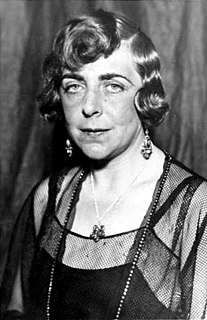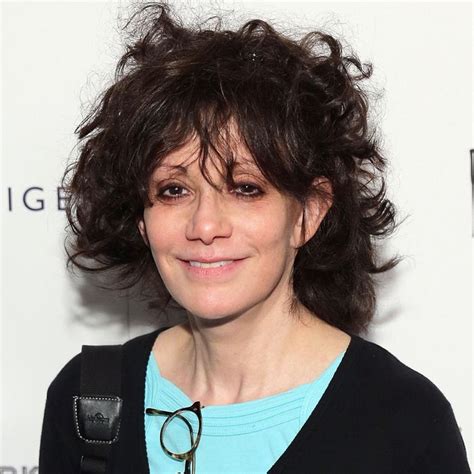A Quote by James Weldon Johnson
I found cause to wonder upon what ground the English accuse Americans of corrupting the language by introducing slang words. I think I heard more and more different kinds of slang during my few weeks' stay in London than in my whole "tenderloin" life in New York. But I suppose the English feel that the language is theirs, and that they may do with it as they please without at the same time allowing that privilege to others.
Related Quotes
I have a funny relationship to language. When I came to California when I was three I spoke Urdu fluently and I didn't speak a word of English. Within a few months I lost all my Urdu and spoke only English and then I learned Urdu all over again when I was nine. Urdu is my first language but it's not as good as my English and it's sort of become my third language. English is my best language but was the second language I learned.
James Joyce's English was based on the rhythm of the Irish language. He wrote things that shocked English language speakers but he was thinking in Gaelic. I've sung songs that if they were in English, would have been banned too. The psyche of the Irish language is completely different to the English-speaking world.
It is a mass language only in the same sense that its baseball slang is born of baseball players. That is, it is a language which is being molded by writers to do delicate things and yet be within the grasp of superficially educated people. It is not a natural growth, much as its proletarian writers would like to think so. But compared with it at its best, English has reached the Alexandrian stage of formalism and decay.
There is something false in this search for a purely feminine writing style. Language, such as it is, is inherited from a masculine society, and it contains many male prejudices. We must rid language of all that. Still, a language is not something created artificially; the proletariat can't use a different language from the bourgeoisie, even if they use it differently, even if from time to time they invent something, technical words or even a kind of worker's slang, which can be very beautiful and very rich. Women can do that as well, enrich their language, clean it up.
I am a writer who is definitely working with a specific language and more than English, that language is American. And I work very much in idiom and am very interested in the play of different kinds of rhetoric, whether it is the more high-flown stuff that reeks of age. I love to juxtapose something like that with something more current or urgent. I am always interested not in America by itself, but America as an idea and how that idea has changed over time, in the eyes of the rest of the world and in the eyes of Americans.
I feel more Irish than English. I feel freer than British, more visceral, with a love of language. Shot through with fire in some way. That's why I resist being appropriated as the current repository of Shakespeare on the planet. That would mean I'm part of the English cultural elite, and I am utterly ill-fitted to be.
I realized over the years if I'm writing about humor, irony, satire, I much prefer to do that in English. And if there is sorrow, melancholy, longing, I much prefer to do that in Turkish. Each language has its own strength to me, and I feel connected and attached to both Turkish and English. I dream in more than one language.
I spent ten years in London; I trained there. But because I started in English, it kind of feels the most natural to me, to act in English, which is a strange thing. My language is Spanish; I grew up in Argentina. I speak to my family in Spanish, but if you were to ask me what language I connect with, it'd be English in some weird way.






































